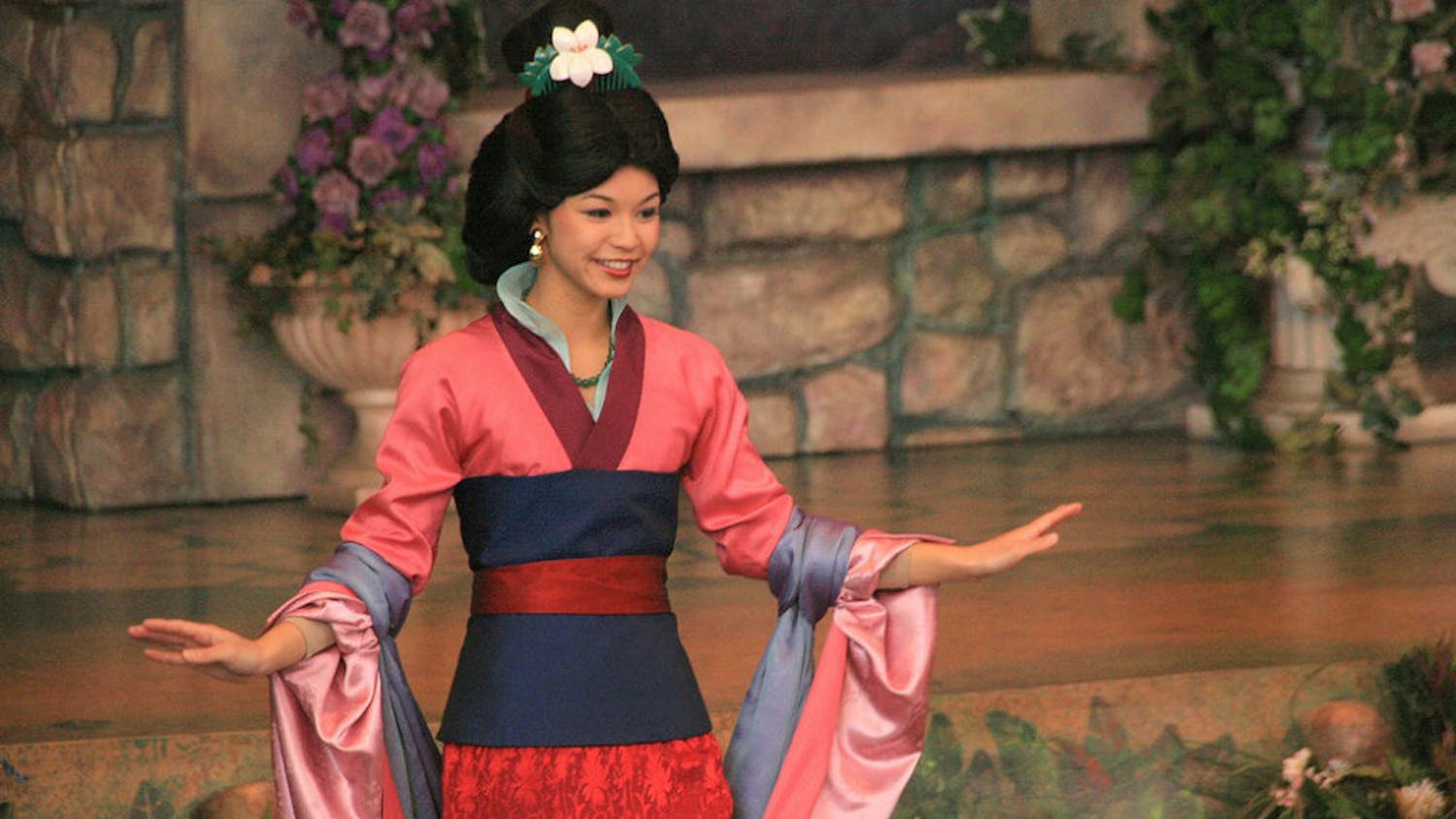Mila Kunis and Natalie Portman can probably give some insight on this topic: the illusive “friends with benefits” relationship. It’s often portrayed in the media, and on a college campus it’s almost commonplace.
To sum it up, friends with benefits literally means that: friends with “benefits.”
Imply whatever you want with that word.
Basically, two friends want to hook up with each other without losing their friendship and trading it in for a more exclusive relationship. What’s the harm, right? It’s totally easy to separate your emotions and push them down to keep this title.
Wrong. Very, very wrong.
While this might seem like a good idea at the time, staying friends with benefits never works out. One person will start developing feelings for the other person. If both people start developing feelings at the same time, then things can progress into a relationship. However, this isn't always the case.
To be blunt, people are in this type of partnership for one thing: mutual satisfaction. They want the physical without the emotional.
If one person starts developing emotional feelings for the other, this might scare either person away if that’s not what they want.
I have seen both situations happen before. My sister started this kind of relationship with someone, but it eventually grew into more and now they are dating. My friend started the same kind of relationship, but when she started developing feelings, she stopped talking to him.
I would generally advise against these types of relationships, but let’s be real. It’s college: a harbor of casual hook-ups.
If you do make a new “friend,” know what you’re getting yourself into. While it may have worked out for Mila Kunis and Justin Timberlake and for Natalie Portman and Ashton Kutcher, we have to remember that those relationships blossomed on screen.
It doesn't necessarily work when it’s off.






